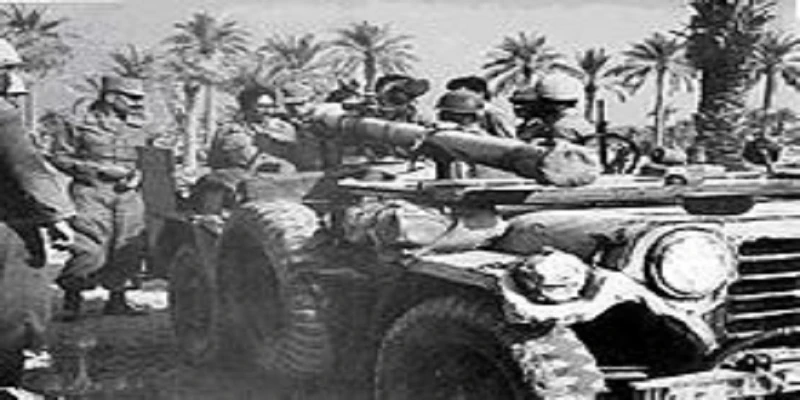Iran-Iraq War (1980-1988)
Iran and Iraq began a war from 1980 to 1988, generally referred to as the Persian Gulf War. The war, initiated by Iraq, was a disaster that left massive battlefield damage for the bellicose neighboursviz that the war cost giant lives and material items. The notion of a plunge into the war was unproductive since neither side could win the war, nor did any changes in their geographic distance. Because of the constant fight for the UN Security Council, at a minimum, both sides successfully negotiated the agreement of a ceasefire in 1988.
Additionally, Iran witnessed a Shiite revolution in 1979. It took over the monarchical regime that was in place under the Shah of Iran by Ayatollah Khomeini and Iranian province Kurd residents of Iraqi origin. This was an excuse for the invasion of Iraq. However, the reasons for entering Iran can be traced to its rich oil reserves as well as it's strategically located.
Iran is among the nations that make up the Middle East, and by invading and conquering her, Iraq could quickly become the sole power in the Middle East. Thus, the primary motives of the Iraqi Invasion of Iran were economical and the desire to become the sole power in the Middle East. Additionally, the war that spanned the years 1980-88 caused massive damage for both sides and came to a standoff. Iraq began to invade Iran between 1980 and 1982, and from there onwards, Iraq tried several times to persuade Iran to agree to a ceasefire.
Ayatollah Khomeini, the current leader of Iran, rejected the idea of a ceasefire and extended the war's duration until 1988 due to his rigid nature. The result was that the calamity of war grew to three times the size, and the state's treasures of both sides were empty. Iran and Iraq were at war with each for more than eight years but did not gain anything by going to war. The peace treaty, completed with the help of the UN Security Council, returned them to the pre-war boundaries. However, the outcomes of the war on both sides were a total waste of resources, time, and even innocent lives.
Additionally, the most potent powers around the globe made no apologies in reacting to Iran-Iraq War. Two of the essential Global powers of the time world, namely Soviet Russia and the United States of America, enthusiastically supported Iraq. However, Iran was almost entirely unnoticed by the considerable powers. Soviet Russia maintained friendly relations and a good relationship with Iraq; consequently, they were a lot of fun to support and equipped with the most modern and advanced weapons.
However, the United States of America were in a tense and challenging relationship with the Khomeini regime because the US did not want Ayotullah Khomeini to be replaced by the Shah of Iran, renowned for US favour and kindness. This is why the US stood with Iraq and gave her modern weapons and ammunition. The US became interested in the Iraq-Iran war to the point that, on one occasion, the US at the time, the presidency of Ronald Reagon, could not help in saying"that the US could not afford an Iran victory over Iraq as she would lose accession to Middle East oil reserves.
Furthermore, Pakistan, one of the most considerable powers of the Islamic world, gave her unconditional support to Iraq because Iran was a country that had a Shia Muslim majority while Iraq was a Sunni. At the time of the Iran-Iraq war and the world was in a cold war, which was a race of Global dominance in both the Communist as well as the Capitalist block, Soviet Russia and the US-led, respectively. In the cold war, Pakistan joined the US-led Capitalist block, which could be the main reason for Pakistan supporting Iraq in place of Iran. Additionally, the war between Iran and Iraq was an unforgiving catastrophe for the Muslim world, shedding blood and the economics of the Muslim people like water. This was entirely Western planned. It is the tradition of the Islamic globe that Western imperialist set traps have constantly victimized. The Iran-Iraq war is just one of the instances. If there were no conflict between Iran and Iraq, the Muslim world could surely avoid the glamour of destabilizing Global peace.
For a recap, the Iran-Iraq War between 1980 and 1988 damaged the economy and power of men on both sides but also gave a shadowy and deformed image of Pan-Islamism. The war never ended again, as both sides were at war for eight years and ended with a deadlock.

